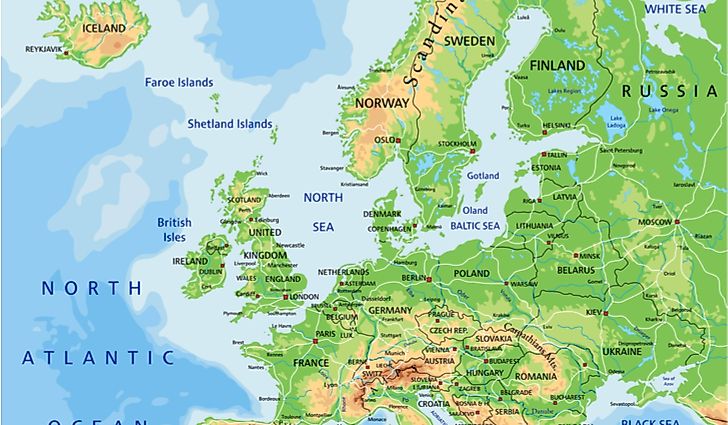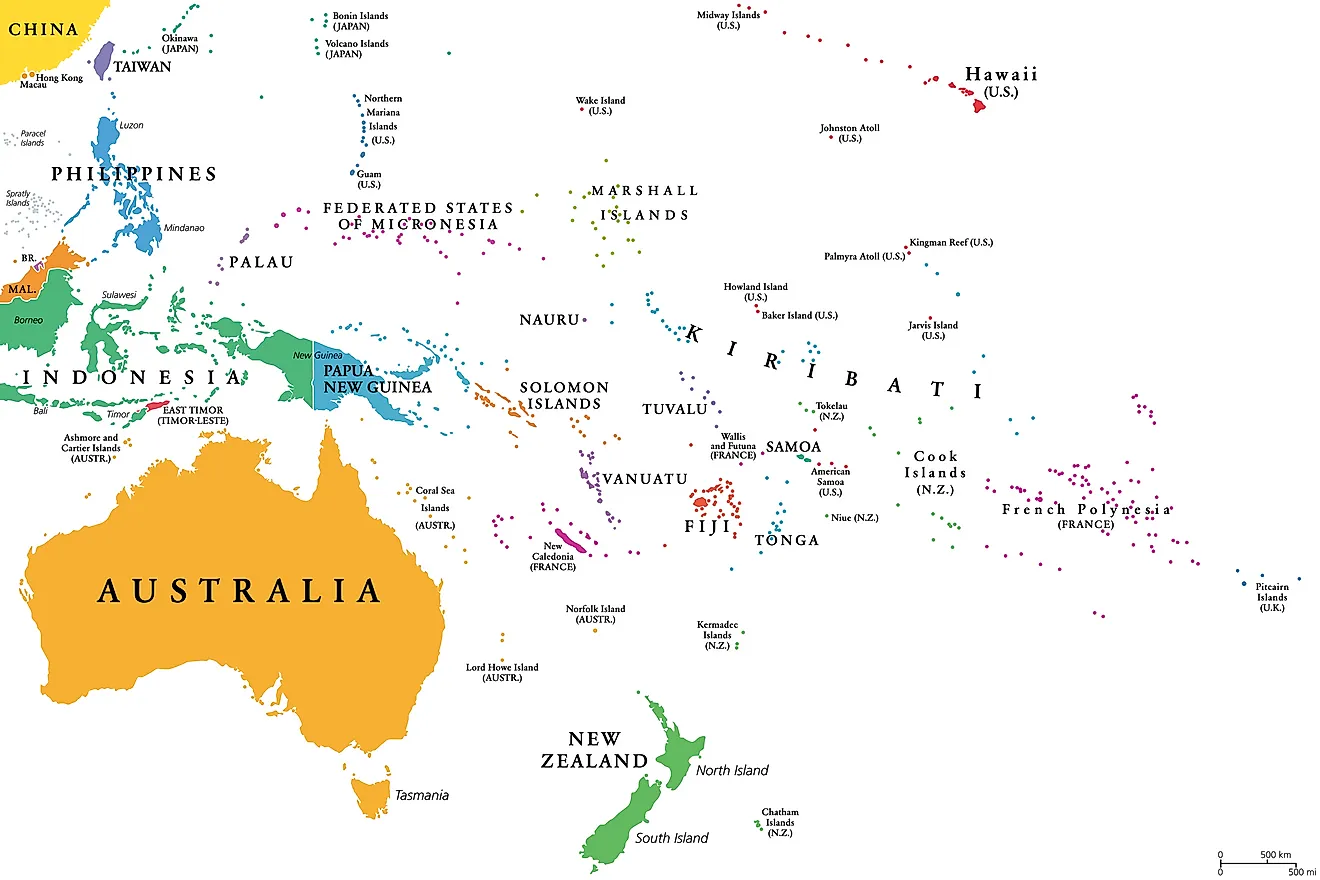Did You Know That Speeding Tickets Can Cost Tens Of Thousands Of Dollars In Finland?

Income-Bracketed Speeding Fines
In Scandinavia and certain other parts of the world, traffic violations fines are allocated based on income and wealth. This is specially true in Finland. One example should really make any driver heading onto Finnish roadways take notice and drive within the posted speed limits. According to the British Broadcasting Corporation (BBC), Finnish businessman Reiman kuisla was driving 64 mph in a posted 50 mph zone when he was pulled over by the highway police. Unfortunately for Kuisla, Finnish laws stipulate that speeding fines are based on the offender's annual income status. For Kuisla, who reported a 6.5 million Euro income on his 2013 tax return, the speeding fine amounted to a shocking 54,000 Euros, which is close to $60,000 USD. Although quite a large amount for a speeding ticket, a 112,000-Euro speeding ticket was issued to a Nokia executive who was speeding on his motorcycle in 2002. Another notably recorded fine for speeding was a ticket for 39,000 Euros in the 1990s issued to ice hockey player Teemu Selanne, a.k.a. the "Finnish Flash".
Why So High?
Finland shares this penalty system for speeding tickets with Switzerland. The reasoning behind Finland linking speeding fines with a person's income level is based on the opinion that prison sentences affect a person's income earnings, and an equal fine would give the same punishment. This would also save the state from incurring expenses in feeding the offender while incarcerated. In pegging a person's fine to his income, a fairer system, they say, is reached, as for a person with a higher income, a standard fine would not affect his bank account in the manner a regular income earner would be affected. This in turn would deter an offender from speeding again. In Switzerland, a Swiss motorist was fined $1 million USD in 2010 for driving at 180 mph, which is the current record for the highest speeding penalty ever given.
Public Perceptions of Income-Bracketed Penal Fines
There is a negative connotation involved with countries that have high speeding fines or penalties. For instance, Car and Driver Magazine published an article in 2007 that stated that in tough economies, governments are more likely to issue speeding tickets with higher penalties. It also stated that, in the U.S., the yearly revenues collected from speeding penalties reaches $6.2 billion. This is contrary to the belief that higher speeding fines will deter motorists from speeding or being repeat offenders. There is another system working in Sweden, but this one is in relation to crimes committed which does not involve jail time, but instead a 30 day salary that goes to payment for the crime committed, regardless of the salary level of the offender. The result is the offender does not get his salary for a month, despite working for 30 days.
Where In The World Do Speeders Get Hit The Hardest?
So which cities have the highest speeding penalties or fines? According to a city-by-city survey sourced from the City Index on the website Hopes and Fears, these are the results: In Seoul, South Korea, motorists get fined up to $82 USD but this is loosely enforced; in Johannesburg, South Africa, fines go up to $85 USD; in London, England, fines go up to $150 USD; in San Juan, Puerto Rico, fines go up to $500 USD; in Copenhagen, Denmark, fines may reach $364 USD; in Zurich, Switzerland, fines start at $264 USD or higher; in New York City, New York, U.S.A., fines are up to $600 USD; in Berlin, Germany, they are up to $760 USD; and in Los Angeles, California, U.S.A. they are seen going up to $804 USD.







